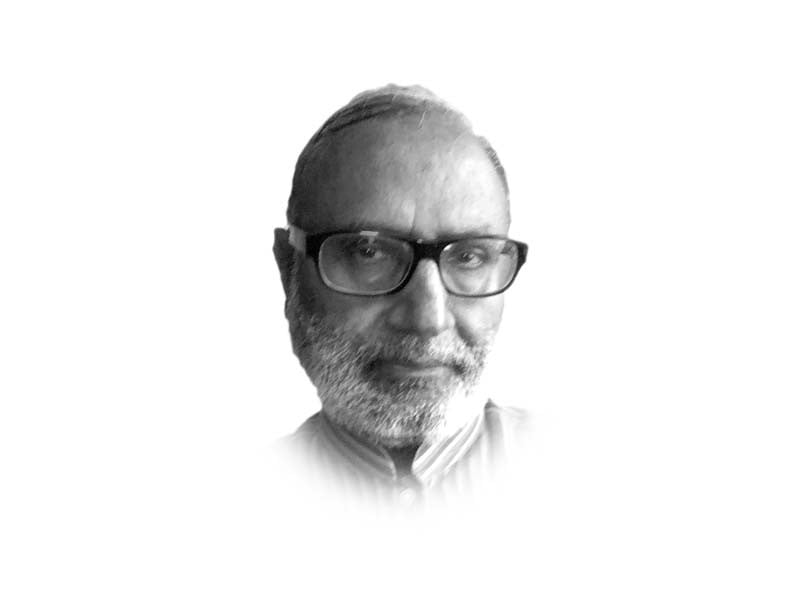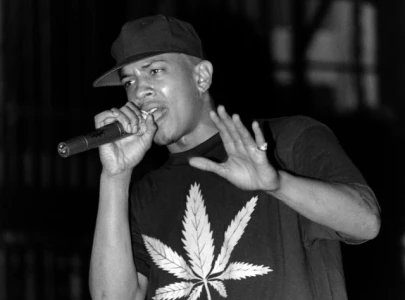
Shehbaz Sharif could have been the Prime Minister in early 2000s, but he refused the powers that he is always accused to side with and chose to go with the exiled elder brother. Similar opportunities came his way later as well but he waited for his moment with patience rare in the political class of Pakistan. If all goes well, he will be the consensus prime minster of all but one political parties of the country, an honour that few have enjoyed in our polarised polity. As a member of the Parliament in the cloak-and-dagger nineties, he was to Prime Minister Nawaz Sharif what Bobby Kennedy, the younger brother, was to President Kennedy. During these years he mastered the art of the possible, the most applicable definition of Pakistani politics. He did not waste the years of exile in sulking and agonising over days past. He would take the tube in London or the subway in New York wondering about the suffering of those struggling day in and day out to get to work, schools or hospital in Lahore and Karachi. Visitors from Pakistan witnessed him debating the welfare systems in place for the poor and the indigent. Those he drove out of London for lunch would hear him lament on the lack of motorways back home. When challenged that mass transit and welfare are no free lunch, he would try his economics learned at the Government College, Lahore in the turbulent year of 1971-72. His interest in progressive poetry never leaned him towards the left, but kept his heart in the right place.
Like it or not, power in Pakistan flows out of Punjab. How you work the bureaucracy in the province and manage the recruiting districts is crucial to achieve the objectives of a political party at the helm. Political parties in Pakistan, no matter how popular, are not like the Chinese Communist Party. Whatever the length of their mandate, they do not enjoy the absolute power of the Saudi Crown Prince. This was lost on Imran Khan and his party. To say that the leader is not there to worry about the prices of tomatoes and potatoes is not only a mockery of the mass of the downtrodden struggling to keep the body and soul together, it also reveals the utter failure to understand how a province is governed and its consequences for the federal leader. Labouring almost 7/24 a week, he worked with the same bureaucracy to keep prices of essential items in the provincial domain stable by keeping the supply lines steady. He was quick to understand that the traditional departments cannot handle mega projects. Nor could they manage the complex issues confronting large cities. Parallel authorities were created with a better incentives structure and staffed in most cases by the same bureaucracy to avoid conflict. These authorities delivered on his dream projects. Public-private partnerships in health and education improved access and quality at affordable cost. Dengue and other such menaces were dealt with by leading from the front. The moment you enter Punjab from Sindh or Balochistan by road, you experience a sudden change for the better. Mind you, this is Southern Punjab that Shehbaz is alleged to have ignored!
With the experience of a doer, Shehbaz the Prime Minister has the capability to address the people’s concerns. But does he have in him the grit to build consensuses on fair elections, accountability and economic reform. Let’s not forget his role in the Charter of Democracy and his offer, as opposition leader, of a charter on economy.
Published in The Express Tribune, March 25th, 2022.
Like Opinion & Editorial on Facebook, follow @ETOpEd on Twitter to receive all updates on all our daily pieces.











1729685382-0/Untitled-design-(57)1729685382-0-270x192.webp)

COMMENTS (18)
Comments are moderated and generally will be posted if they are on-topic and not abusive.
For more information, please see our Comments FAQ